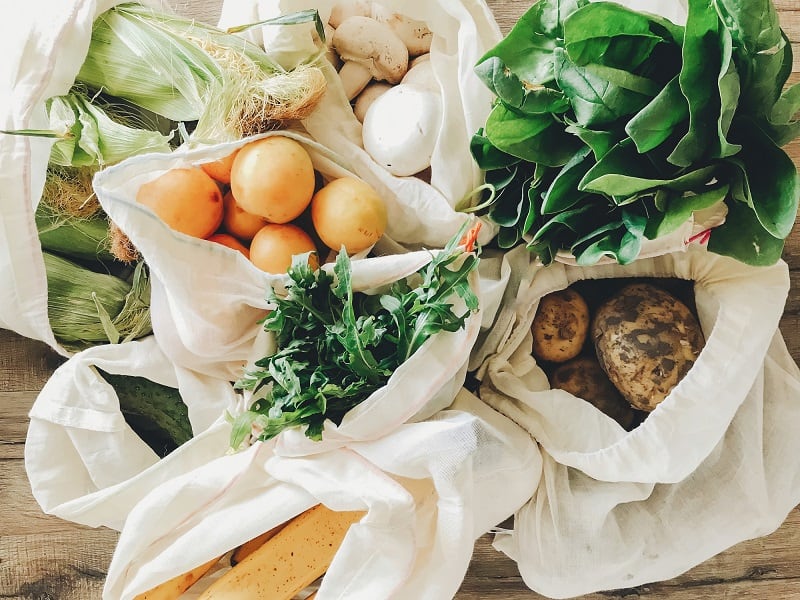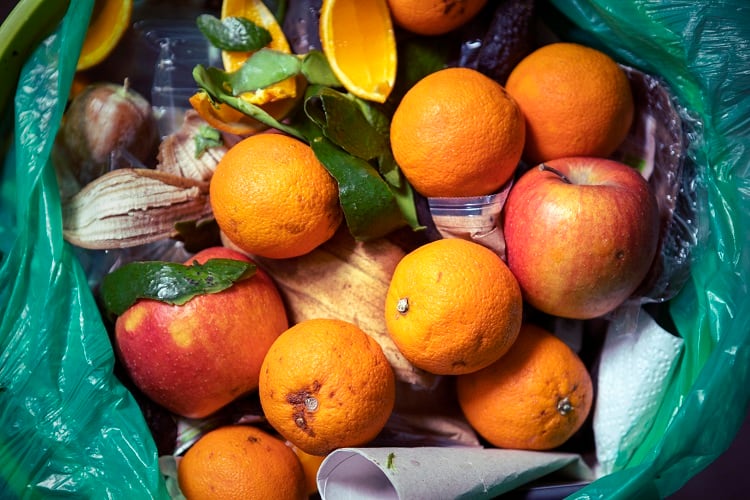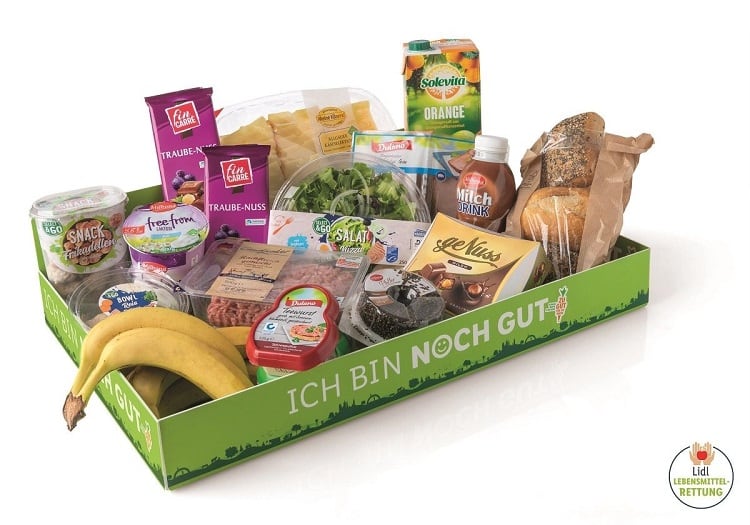WRAP, which campaigns for a circular economy, estimates that around 200,000 tonnes of food suitable for redistribution is sent to animal feed or for waste treatment.
Its new guidance underlines that food past its best before date can remain safe, and perfectly good to eat for days, weeks, months or even years after the date. The initiative also urges food distribution organisations and charities to accept more food beyond the best before date.
“One of the things the guidance is making clear is that it is totally within food safety laws to redistribute food that’s beyond the best before date,” a WRAP spokesperson told FoodNavigator. “We’re encouraging the sector to look at the foods they have in stock and to not be put off if the food is past its best before date and consider it for distribution.”
If stored correctly, food can be eaten days (e.g. bread), weeks (e.g. apples and crisps), months (e.g. biscuits and cereals) or even years (e.g. dried pasta and canned food) after the best before date, WRAP said.
WRAP also wants the massage hammered home to consumers that there’s nothing inferior about food beyond its best before date. It estimates that in the home, around 1.9 million tonnes of food waste occurs due to ‘not being used in time’. A date label was mentioned as the trigger for one third of such instances (over 600,000 tonnes; almost 15% of all avoidable food waste).
'More food could reach those who need it most'
Many businesses and redistribution organisations do include food approaching, or past the best before dates, but WRAP believes the practice could be greatly increased, and that much more food could reach those who need it most.
WRAP Director Peter Maddox said: “Food businesses are doing an incredible job ensuring that food which cannot be sold at this time moves around the supply chain to feed people, and isn’t wasted. Our guide will help by giving clear advice on how best to redistribute food that’s exceeded the Best Before date. The law states that all food with a best before date can be sold, redistributed and consumed after that date, as long as it’s still good quality, but we appreciate that isn’t understood by all, or universally implemented. So, our aim is to make this common practice.
“We estimate that over a typical year, around half a billion pounds worth of food is likely to be thrown away from homes linked to a best before date, that’s 180,000 tonnes. Knowing the difference between best before and use by is one of the biggest ways to stop food waste in the home. A best before date is only a quality guide, and you can use your judgement as to whether it’s still good to eat. Use by is the safety mark and there to protect us. No food should be sold, redistributed or eaten after the use by.”
Retailers welcomed the initiative. Karen Todd, Senior Manager zero waste, at Asda said: "At Asda we hate waste and want to do all we can to support food redistribution through our Fight Hunger Create Change. That’s why we’ve developed our own process which offers an additional ‘guaranteed life’ past the printed best before date which has resulted in an additional 51 tonnes of food, the equivalent of 120,000 meals being redistributed to our charity partners. We will continue to look at new ways to reduce food waste and we welcome clear guidelines from WRAP for food with a best before date.”
The advice shows that when food is store properly:
- Bakery items and bread can last for days past their best before date;
- Uncut fruit such as apples and snack like crisps can be eaten weeks after the best before date;
- Biscuits and cereals will last for months after the date on the label;
- Whilst dried and tinned items such as pasta and canned soup can be perfectly fine for years.
'Pedantic attitudes towards best before dates'
The guidelines were drawn up with assistance from Approved Food, which specialises in selling food and drink that may be close to or just past its best before date at a discount.
Approved Food Brand Ambassador Jonathan Straight welcomed the guidelines. “This is very much what we wanted to see,” he said. “But it is a shame that it has taken the Covid-19 crisis for this to let this issue be taken seriously – we have been pushing for this for several years.”
He added that ‘pedantic attitudes’ exist around best before dates on food, with retailers reluctant to release their own brand products for fear of them being regarded as inferior. Charities, meanwhile, fear upsetting service users by providing food that could be seen as second rate, he claimed.
“It’s time now for retailers to open up their own brand items for redistribution, whether that be for resale or redistribution via charities. There is a significant amount of own brand food still being wasted; hopefully, these new guidelines will put an end to that.
“The success of Approved Food shows that people are happy to buy food that is close to or beyond the best before date. Suppliers shouldn’t perceive the only way forward is to give it away - where there is a commercial necessity, we are a key part of the solution and will pay for such items. We do continue to regularly support local charities from our own stock and wish to see food continue to be both sold and donated as suppliers see fit.”





